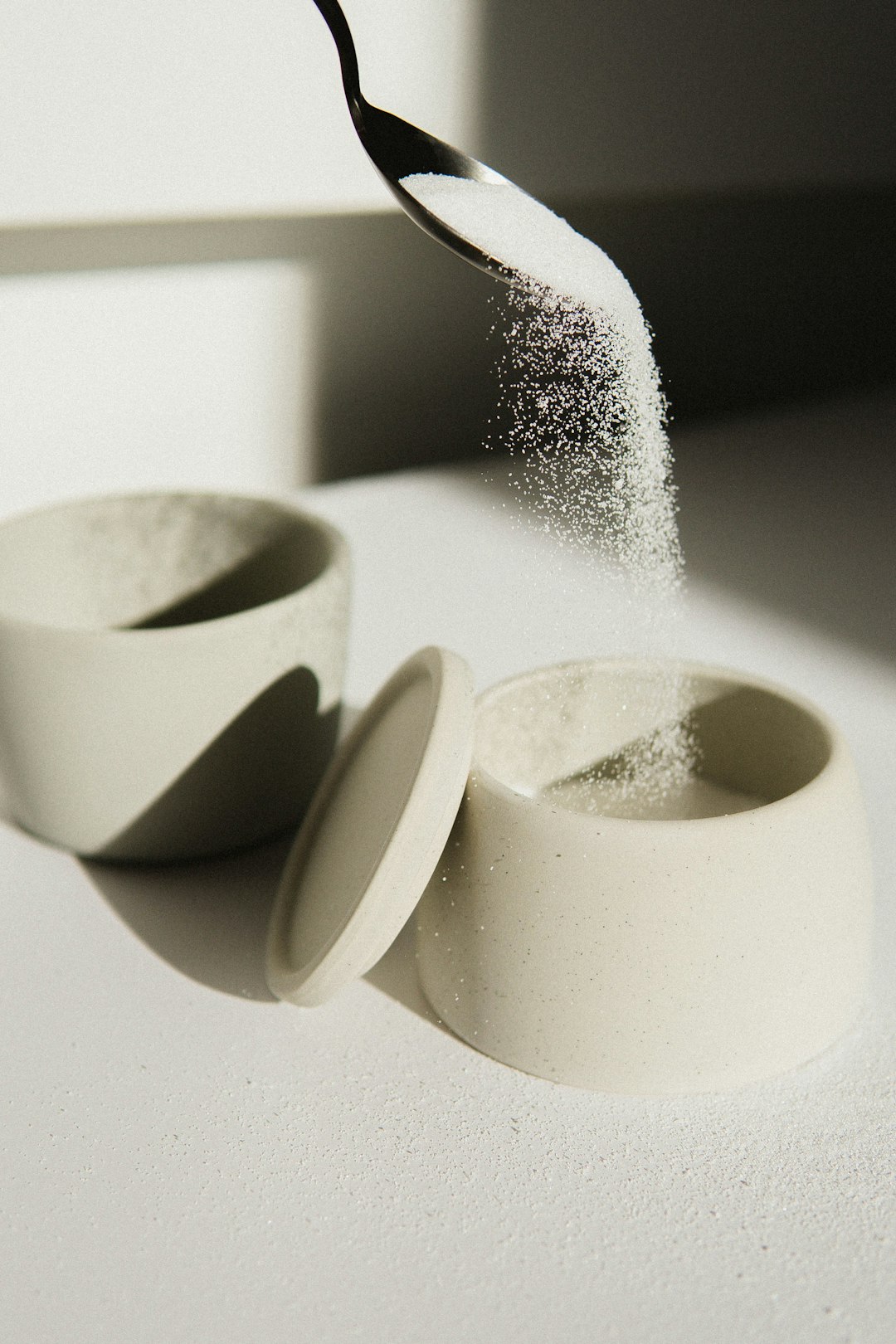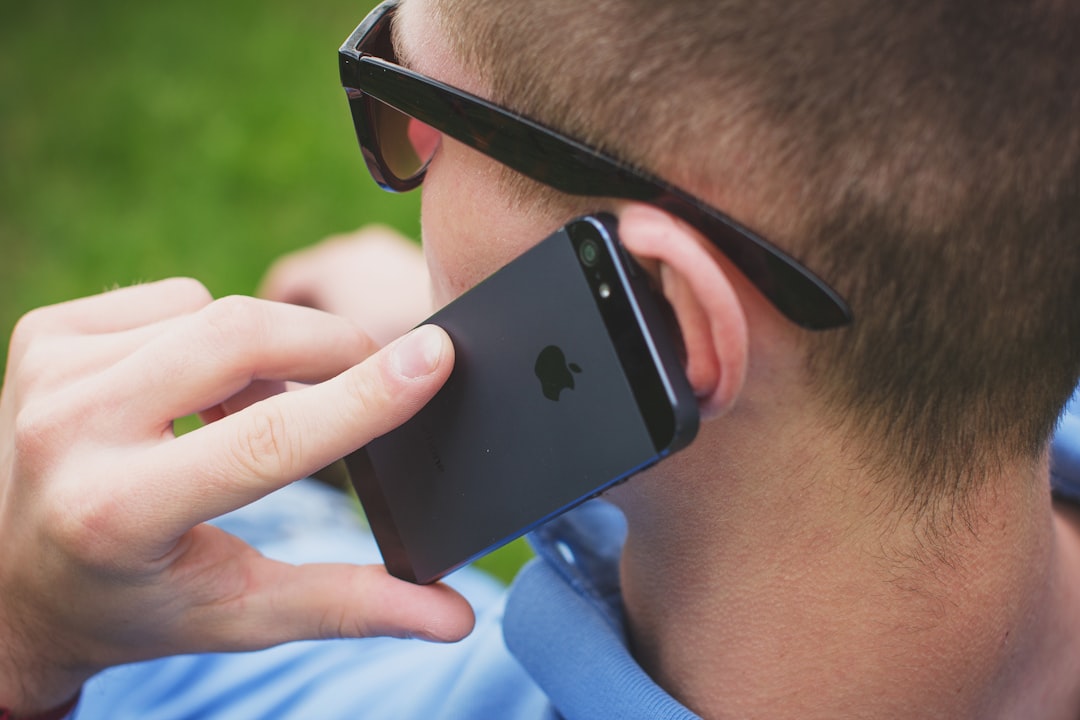
Prolific author Stephen King wrote an article for Playboy in 1981 on why humans watch horror movies. He argues that horror provides a safe place for our uncivilized emotions run free for a moment which helps keep us on this side of insanity:
For myself, I like to see the most aggressive of them – Dawn of the Dead, for instance – as lifting a trap door in the civilized forebrain and throwing a basket of raw meat to the hungry alligators swimming around in that subterranean river beneath.
Why bother? Because it keeps them from getting out, man. It keeps them down there and me up here. It was Lennon and McCartney who said that all you need is love, and I would agree with that.
As long as you keep the gators fed.
When I hear the offhand comments from well-meaning friends that force my patients to defend their decisions/lifestyle/doctors, I’m forced to wonder if we work out our fears of cancer on each other. Do we, with all good intentions, hurt our friends who have been diagnosed with cancer in order to feed the hungry monsters in our own brains who are afraid we might be the next “victim”?
“Aunt Mary had that same cancer and was dead within a month.”
“The doctor said he had 6 months but once they cut into him, he never came home.”
And so on.
In 2005, the American Cancer Society examined misconceptions around cancer. Almost a thousand healthy volunteers answered a telephone survey about their beliefs about cancer. Five statements and the responses are summarized below.

Thankfully. the majority of Americans did not believe these myths (or didn’t know) but an alarmingly high rate did. This speaks to deep beliefs that may contribute to people’s fears about seeking screening tests or treatment for cancer. And this survey is almost twenty years old which may not take into account Americans increasing distrust of health care professionals during the recent pandemic.
In honor of the scary season that’s upon us, I’ve put together a list of the most enduring beliefs about cancer that tend to scare patients rather than help. If you find that you’ve uttered one of these phrases to a loved one or friend, it’s ok. Practice some self-compassion and vow to never say it again.

1. Sugar feeds cancer
All cells in our body use sugar as a fuel for basic cellular functions. We would die without sugar. The sugars that our bodies use come from two places – what we eat and our own bodies. Obviously, we ingest sugar, and our body also breaks down other food we eat to get the sugars it needs. Our most important organs like the heart and brain use tremendous amounts of sugar to function normally.
As cancer cells are derived from our normal cells, they also use sugar to divide and grow. You cannot control, however, whether the sugar you eat goes to cancer cells or your heart. And even if you cut almost all sugar out of your diet, your body will still convert other food into sugar to keep you alive. In addition, one of the characteristics of cancer cells is that they can thrive even in low sugar environments. So even as you starve the rest of your body, the cancer cells will continue to grow and even thrive.
My friend Julie, The Cancer Dietitian, has an excellent blog post and podcast on this topic if you want to learn more (or share with a well-intentioned, but uninformed friend).

2. If you cut into cancer, it will spread.
This is an oldie but a goodie. It is true that some tumors, especially those that grow in organs in the abdomen or pelvis can spread if cut open during surgery, a complication of surgery called “tumor spillage.” Because tumor spillage has been shown to lower the patient’s chance of cure, modern surgical techniques have relegated this to a very rare situation. Surgeons with experience and training on operating on patients with cancer understand that handling the tumor with care until it is outside the body is of the utmost importance. This is particularly true in the patients with cancers like Wilm’s tumors, ovarian and endometrial cancers, colorectal cancer, and sarcomas.
Along the same line is “cancer will spread if it’s exposed to air during surgery.” Sometimes people believe this because at the time of surgery, a doctor may find more cancer than what was seen on imaging tests prior to surgery. It is not that air or the scalpel caused the cancer to be there. It just wasn’t detected on preoperative imaging. Again, with advancements in cancer imaging tests, this is rare but occasionally does happen.

3. Eating GMO food increases your risk for cancer.
Whooo, boy. If there is one thing that will get people FIRED up, it is a debate of genetically modified food. The truth is about 70% of the food we ingest has some form of genetic modification. Genetically modifying food has allowed us to use less pesticides and herbicides which can contaminate our drinking water, avoid famine in drought prone areas, and address common vitamin deficiencies. In fact, a recently approved genetic modification in potatoes LOWERS the level of acrylamide, a carcinogen produced when potatoes are cooked at high temperatures.
To date, no studies have shown a direct link between consuming GMO foods and increased risk of cancer. If anything, most studies have shown a benefit to GMO foods by stabilizing food supplies and providing better nutrition. The same can be said for organic foods versus conventional foods. The National Academy of Science, a large private non-profit organization, reviewed the data surrounding this question in 2022 and stated unequivocally “Foods made with GMOs do not pose special health risks.”
Eating a well-balanced diet with a high proportion of fruits and vegetables, limiting processed foods, and avoiding alcohol will have far more impact on your chance of developing cancer.
The Department of Agriculture at Purdue University has a helpful overview of GMOs including videos and infographics on common questions if you would like to learn more
4. The government (or Big Pharma) is hiding the cure for cancer.
First let me say that I don’t believe there is one cure for cancer. “Cancer” is a word that describes hundreds if not millions of different diseases. Also, given that cancer is a process that happens in our bodies as a result of many factors, I feel fairly certain that prevention and early detection will likely lead to cancer eradication more than treatments that “cure.”
Practically speaking, given the political reward that any politician would receive, I believe that facing low approval ratings any would shamelessly divulge this information to boost those poll numbers. So many political leaders have been personally affected by cancer that I also doubt they would keep this a secret. And keeping scientists quiet who discovered the cure for cancer for which they would undoubtedly receive the Nobel Prize? Impossible.
Further, given the dysfunction that currently envelops Congress to perform even basic functions like pass a budget, I can’t imagine they would be able to stay on message in hiding something this big from the American public. Some studies estimate that it would require 700,000 people in all levels of government and industry to keep this secret. Given all the competing agendas in that group of humans, it is highly unlikely.
This post from Ohio State University debunks this myth pretty well.

5. Cell phones cause brain tumors.
I love, love, love this one for a few reasons. Brain tumors run in my family so if this were true, I would be chaining myself to Apple stores across the country to bring awareness to this issue. Also, we have solid epidemiological data.
First, cell phones send and receive signals from cellular towers using radiofrequency (RF) waves. The energy in these waves is like that of heat, visible light, microwaves and radio signals. The low energy or “non-ionizing” radiation contained in these types of signals is not strong enough to penetrate the cell and cause DNA damage.
This contrasts with ionizing radiation which includes high energy waves like those used in radiation treatments, x-rays, and UV light from the sun which can cause DNA damage leading to cancer. Essentially, all those boomboxes by our ears in the 80’s would have caused cancer if cell phones were going to cause cancer. (And not just hearing loss.)
Also, with the explosive growth of cell phone use over the past decade, if cell phones were in fact causing brain tumors, we would expect to see a resulting rise of brain tumors. The incidence of brain tumors, however, has DECREASED during this time as the data below shows.

One of the largest (and most controversial) studies exploring this issue was published in 2018. At the cost of $20 million, scientists exposed 1,200 rats to cell phone levels of radiation for nine hours a day for years. The study showed that 6% of male rats developed a rare heart tumor.
Surprisingly, this was reported as “definitive evidence” that cell phone use was associated with increased risk of cancer. Obviously, there were several limitations to this study (rats≠people, the intensity of exposure, the impact on male rats only, etc.).
Broader population studies have not shown a direct link. A UK study of over 100,000 volunteers who will be followed over time began in 2008 and is expected to finally put this issue to rest.
This summary from Memorial Sloan Kettering explores this issue in greater detail.
On my mind…
I’m rooting for this fearless wild turkey in West Orange, New Jersey. It takes true commitment to stop morning traffic after taking a tranquilizer dart to the chest. #teamturkey
Did you read Highlights magazine as a child? The documentary 44 Pages covers the history of the children’s magazine as the staff compiles the 70th anniversary edition. If you enjoyed Won’t You Be My Neighbor, you’ll like this as well.
Third century Chinese healer Yi He said '“The superior physician rescues the state, whereas the inferior one merely attends to the sick.” Next week Cancer Culture will feature its first guest post. Dr. Veronika Panagiotou is the advocacy and programs manager for the National Coalition for Cancer Survivorship, a non-profit organization dedicated to political action on behalf of cancer survivors.





This is a very helpful, relevant post, especially for primary care questions I field! Thank you. Is there a tiny debatable kernel of truth perhaps indirectly in some of these myths? For example, I know that obesity is linked with cancer, and obesity is often driven/sustained by ultraprocessed foods/sugar. I don’t worry about the genetic modification of foods, but I am concerned about the Roundup, glyphosate, etc. that gets dumped on the plants themselves to higher degrees when using genetically modified plants. And finally wasn’t there at least one study showing a possible mechanism/ association between gliomas and cell phone radiation, potentially mediated through prolonged cell phone use next to the head causing thermal effects on proteins/surrounding structures, but not mediated through ionizing radiation?
I don’t want to be alarmist even mentioning these, just want to see if there is a tiny shred of truth to any of these, certainly much less concerning than some fear!
A slight precaution here has me using the speakerphone on my iPhone, trying to get organic vegetables for the dirty dozen foods/vegetables/fruits, and trying to get some of the Halloween candy out of my house! Thanks again.
I've been reading your words with interest, as I have prostate cancer that's spread to my bones and am having chemotherapy.
As it happens I am a cartoonist, so have started a strip cartoon series on Substack about living with the disease. It's called Chemo Freak and it's fairly brutal at times, but it's how I feel.